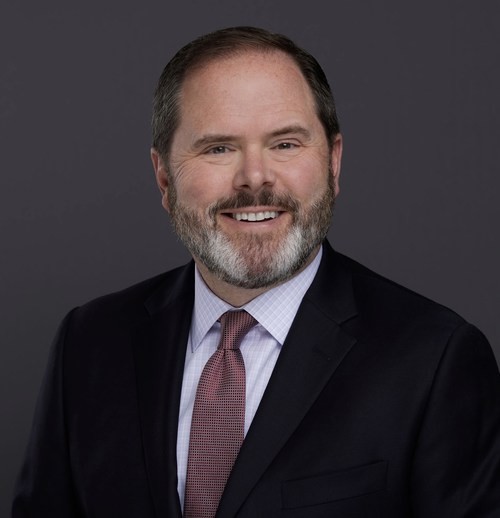The COVID-19 pandemic put the challenges some Americans face in accessing fast, reliable internet on display. In Georgia, the topic of rural broadband and closing the so-called 'digital divide' has been top of mind for many state leaders.
In February, Gov. Brian Kemp unveiled more than $408 million in grant funding for 49 broadband projects around the state. Additional money from the American Rescue Plan Act (ARPA) meant the total investment was more than $738 million.
In an interview on WDUN's Newsroom, Kevin Curtin, Senior Vice President with Georgia EMC, discussed the ways local EMCs throughout the state deliver faster internet to rural residents.
Q: Why is this a priority for Georgia's EMCs?
A: I think the EMCs saw a need statewide. Many parts of our state just simply didn't have access to quality broadband service. And in today's economy, it's very challenging to sustain yourself as a community if you don't have access to robust broadband service. So EMCs are stepping up to the plate to try to solve some of those challenges around the state.
Q: Some EMCs are creating affiliates within their own organizations; others partner with internet service providers. Is there a reason there are two different approaches?
A: We actually have now 20 EMCs that are in the broadband business in one form or fashion. All those 20 different relationships are a little bit different...The ones that have formed their own subsidiary to provide broadband service wanted more control and wanted to be able to control the process from soup to nuts. The other ones all have decided to partner with an existing broadband provider and lean on their expertise as they get into the broadband business.
Q: What are the most underserved areas, and is the money going into those most underserved areas?
A: The less population density you have in your community, the more likely you are to have underserved areas for broadband...Almost a year ago, there were about 483,000 Georgians who didn't have robust broadband services available to them at their house or business. So that's quite an opportunity right now. EMCs have on the drawing board plans to serve about 280,000 of those unserved locations. So a little bit, almost half of those unserved locations are on the drawing board for our members to try and step up and serve those locations for broadband services in the next two to three years.
Q: Connecting rural areas can be cost-prohibitive; are these grants sufficient to overcome that problem? Are there other factors at play?
A: You describe the problem quite accurately. When you just don't have as many users per square mile, it's very cost-inefficient to build a broadband network. These subsidies that come from the federal government through different programs like the Rural Digital Opportunity Fund, the Reconnect Program from USDA, and most recently, Governor Kemp's [announcement] are all intended to try to bridge that gap between the cost of serving rural locations from the cost of serving urban-suburban locations.
Q: How close are we to solving the problem after the governor's announcement and the other investments?
A: The scope of the unserved locations in Georgia has been cut almost in half. That leaves us with roughly 250,000 or so Georgians that probably lack broadband coverage. Upcoming projects like the national infrastructure bill [which includes] $42.5 billion nationally for states to grant to broadband providers to help solve this problem. So there's more funding on the horizon, which will hopefully fill in more and more gaps around the state. Eventually, every Georgian should be able to receive broadband service.
For more information:
Georgia Broadband coverage map: Click here

http://accesswdun.com/article/2022/3/1085506/georgia-emcs-stepping-up-to-the-plate-to-close-digital-divide-says-curtain
